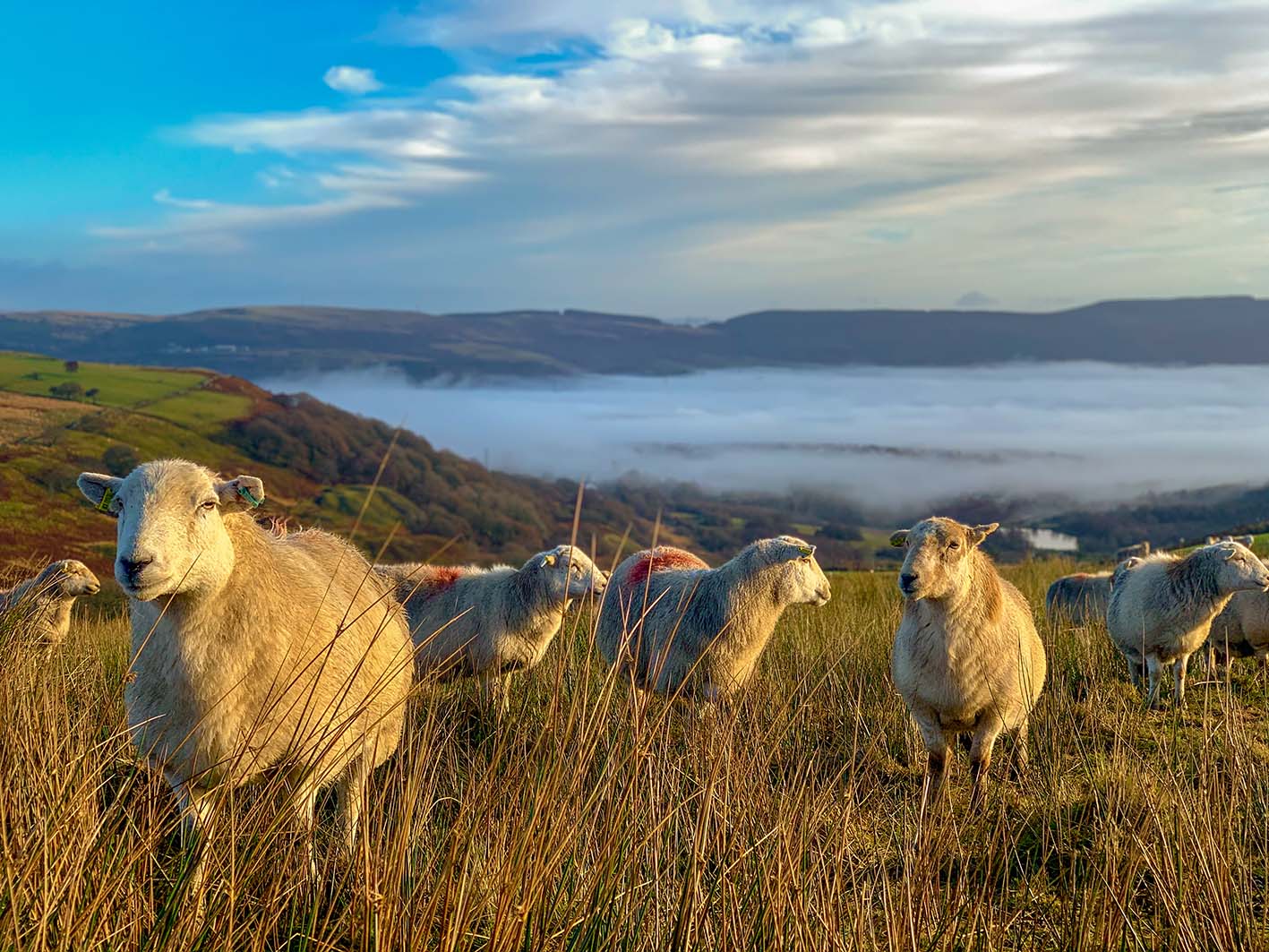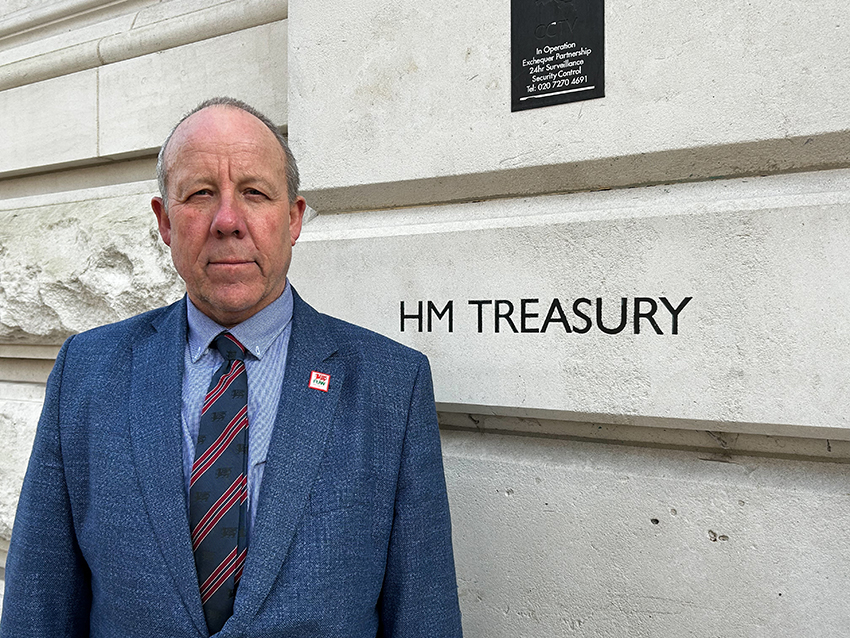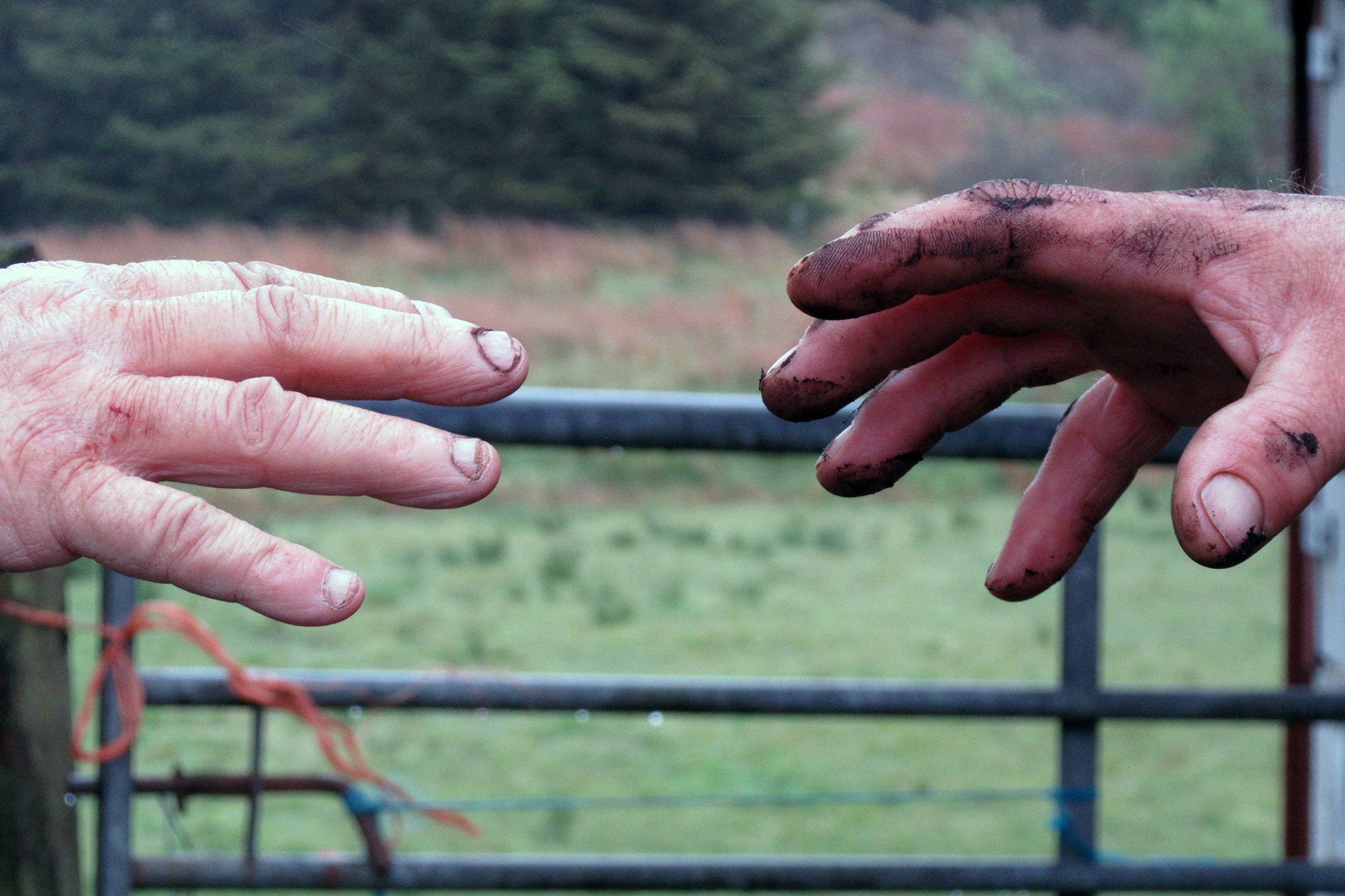The Welsh Government has confirmed it has approved the emergency use of three Bluetongue vaccines from 1 March this year to mitigate the impact on livestock.
The vaccines will be available on prescription and sold from veterinary practices and can be administered by livestock keepers themselves, following appropriate guidance.
This decision follows the continued spread of Bluetongue virus (BTV-3) cases in England since August 2024. On 4 September 2024, three unauthorised BTV-3 vaccines received Defra Secretary of State permission for emergency use in the UK. The vaccines were licensed for use in England last year and Welsh Ministers’ decision to grant a licence means they can now be used in Wales.
Commenting following the decision, Chief Veterinary Officer for Wales, Dr Richard Irvine, said: “This decision to licence these vaccines was informed by our recent risk assessment indicating that Wales is now at high risk of experiencing an incursion of Bluetongue this year. Our primary aim is to keep Bluetongue out of Wales through biosecurity, vigilance and safe sourcing of livestock.
"Wales remains free of BTV-3, but it is important to be prepared. Vaccines give Welsh farmers an important tool to reduce any impact of this disease in their herds and flocks. I would encourage farmers considering vaccination to consult their veterinary surgeon to discuss whether vaccination is appropriate for their livestock.”
The Farmers’ Union of Wales has previously called for these vaccines to be made available, and commenting after the decision, FUW Policy Officer, Elin Jenkins said: “With spring approaching and an anticipated increase in midge activity, Bluetongue continues to pose a significant threat to our industry. The FUW has previously advocated a vaccine rollout as a preparatory move ahead of any potential outbreak, and as such we welcome today's announcement.
"While this vaccine is not a silver bullet, it does have a key role to play in limiting the impact of BTV-3 on Welsh herds and flocks.
"We urge Welsh farmers to familiarise themselves with the Welsh Government's vaccination guidelines and continue to maintain vigilance as well as proactive measures to mitigate the impact and spread of this disease."
For more information about the vaccines visit the Welsh Government website via the link below:
https://www.gov.wales/welsh-government-approves-bluetongue-vaccines-licence-voluntary-use








